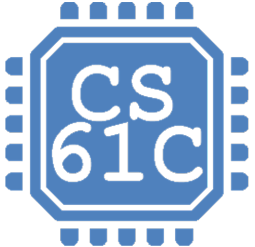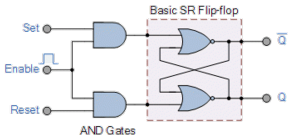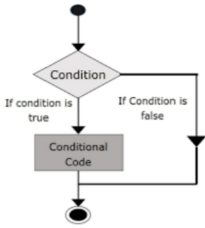Lecture Notes: RISC-V Machine Language¶
约 266 个字 21 行代码 3 张图片 预计阅读时间 2 分钟 共被读过 次
🖥️ Registers in RISC-V¶
- 32 Registers (
x0-x31), each 32-bit wide. - Special Registers:
x0(zero): Always0.x1(ra): Return address.x2(sp): Stack pointer.x8(s0/fp): Saved register/Frame pointer.x10-x17(a0-a7): Function arguments/return values.
| Register | Name | Use |
|---|---|---|
| x0 | zero | Constant 0 |
| x1 | ra | Return address |
| x2 | sp | Stack pointer |
| x8 | s0/fp | Saved register/Frame pointer |
| x10-x11 | a0-a1 | Function args/Return values |
🔧 Basic RISC-V Instructions¶
1️⃣ Arithmetic Instructions¶
- Syntax:
op dst, src1, src2 - Examples:
2️⃣ Data Transfer Instructions¶
- Load/Store Syntax:
memop reg, offset(base) - Examples:
3️⃣ Control Flow Instructions¶
- Branch/Jump Syntax:
beq/bne/blt/bge/j label - Example (If-Else):
🧮 Example: Translating C to RISC-V¶
C Code:¶
RISC-V Assembly:¶
- Registers Used:
-
a → s0, b → s1, c → s2, d → s3, e → s4. 🔄 Shifting Instructions¶
- Examples:
📊 RISC-V Green Card (Key Instructions)¶
| Mnemonic | Description | Example |
|---|---|---|
add | Add registers | add s1, s2, s3 |
addi | Add immediate | addi s1, s2, 5 |
lw | Load word from memory | lw t0, 12(s3) |
sw | Store word to memory | sw t0, 40(s3) |
beq | Branch if equal | beq s0, s1, L1 |
jal | Jump and link | jal ra, proc |
🧩 Key Concepts¶
-
RISC vs. CISC:
- RISC focuses on simple instructions executed quickly (e.g., ARM, RISC-V).
- CISC uses complex instructions (e.g., x86). -
Memory Hierarchy:
- Registers (fastest) → Cache → RAM → Disk (slowest). -
Endianness:
- RISC-V uses little-endian (LSB at lowest address).
📝 Summary¶
- Registers: Fast, limited storage for variables.
- Immediates: Constants embedded in instructions (e.g.,
addi). - Control Flow: Branches (
beq,bne) and jumps (j,jal). - Data Transfer: Load/store instructions for memory access.
🚀 RISC-V is dominant in embedded systems, academia, and modern computing!
📸 PPT Screenshots (Hypothetical Links):



Note: Replace image links with actual screenshots of full PPT slides.